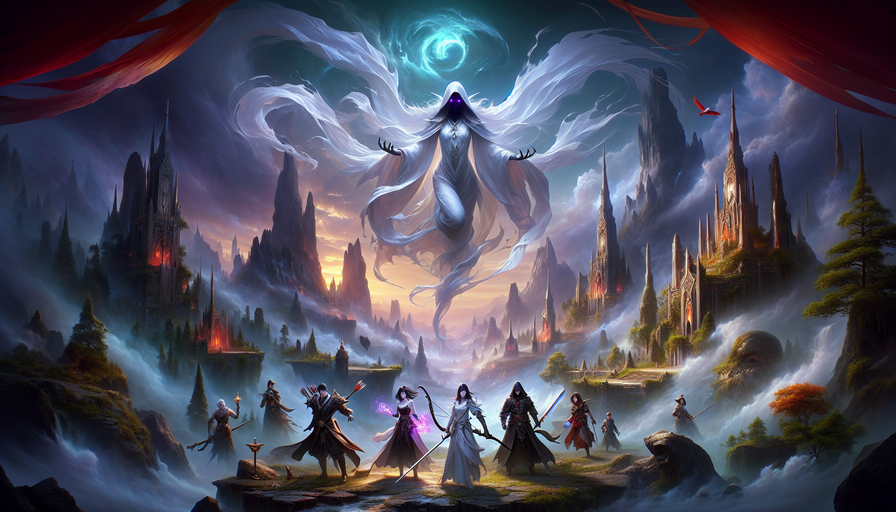In the realm of strategy games, few titles have captured the imagination of players quite like Sid Meier’s Civilization VI. With its intricate gameplay mechanics, deep strategic elements, and immersive world-building features, Civ 6 has become a staple for fans of the genre. However, for those looking to expand their horizons and explore other games that offer a similar experience, there are several noteworthy titles worth considering.
1. Europa Universalis IV
Europa Universalis IV is a grand strategy game developed by Paradox Interactive that offers players the opportunity to rewrite history through diplomacy, warfare, trade, and exploration. Like Civilization VI, EU IV challenges players to build and expand their empire while navigating complex political landscapes and engaging in epic battles. With its rich historical detail and expansive scope, Europa Universalis IV provides a deeply immersive gaming experience that will appeal to fans of Civ 6.
2. Stellaris
Stellaris is another title from Paradox Interactive that blends elements of grand strategy with space exploration and diplomacy. In Stellaris, players take on the role of a space-faring civilization seeking to conquer the galaxy through a combination of military might, technological advancement, and diplomatic finesse. With its vast universe to explore, diverse alien species to encounter, and deep customization options for empires, Stellaris offers a unique twist on the traditional 4X formula that will resonate with fans of Civilization VI.
3. Endless Legend
Endless Legend is a turn-based strategy game developed by Amplitude Studios that combines elements of 4X gameplay with fantasy storytelling and role-playing mechanics. Set in a richly detailed world filled with unique factions, quests, and lore, Endless Legend challenges players to conquer rival civilizations using both military force and diplomatic cunning. With its stunning visuals, engaging narrative, and innovative gameplay features, Endless Legend provides a fresh take on the strategy genre that will captivate fans of Civ 6.
**4. Age of W



